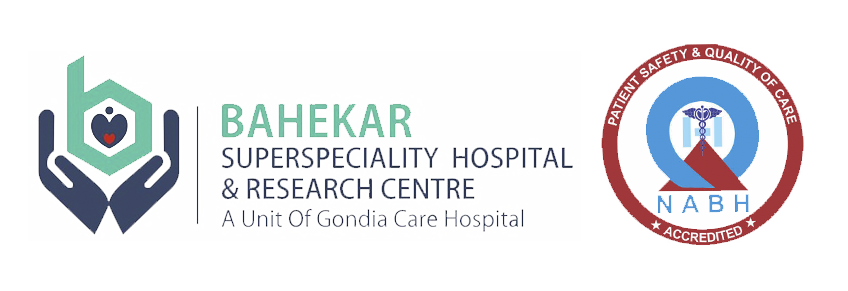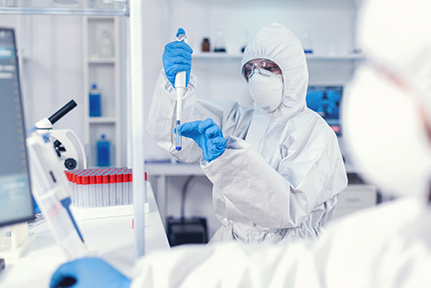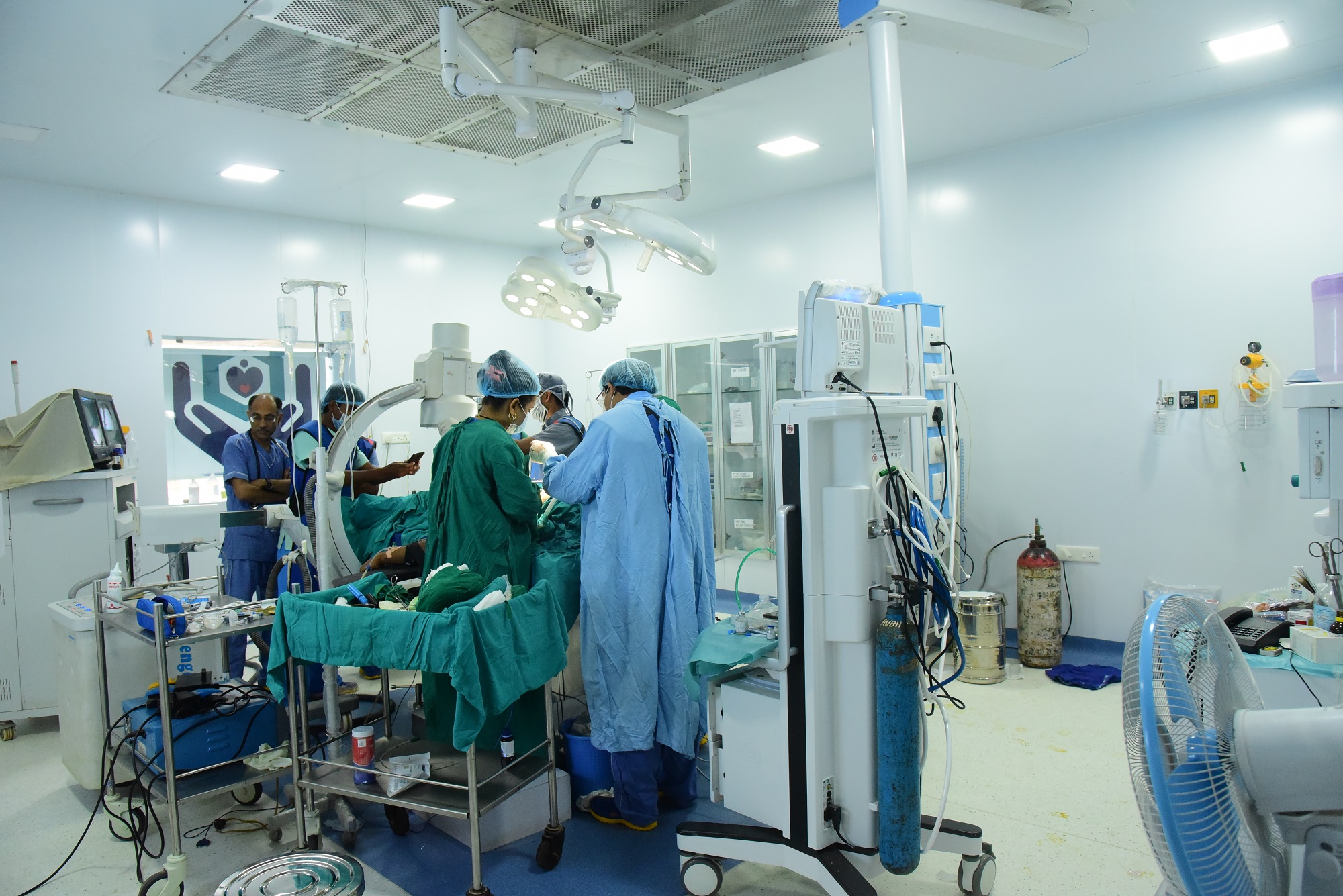Bahekar Superspeciality Hospital: We are ready for the COVID-19 war.
Although India was fortunately not among the first few countries to be attacked by the Covid-19 pandemic, it has been severely impacted. The first incidence of infection with SARS-CoV-2, the causative virus of COVID-19, was observed in an overseas student airlifted from Wuhan on January 30, 2020, and the first fatality was detected on March 12, 2020. The battle against the pandemic has begun since then.
The country now has a well-developed infrastructure to restrict the virus’s spread and treat infected persons using appropriate medical treatments. However, the road to this medical breakthrough has not been smooth. Hospitals and nursing homes have become war zones against a new unknown adversary – from providing urgent medical assistance to infected persons to setting up quarantine care units and delivering vaccines to the general population.
Among all other hospitals and medical institutions, Bahekar Superspeciality Hospital has proudly emerged to be the best hospital for covid-19 treatment in Gondia.
How did it overcome the pandemic’s hurdles to become the best coronavirus treatment hospital? Let’s take a look and see what we can learn.
The challenges faced by the medical community
Initially, healthcare workers across the country faced significant problems, including a lack of understanding about the causative agent and treatment options, increased workload, and psychological distress, to list a few. However, the most important explanations can be broadly divided into these categories:
Low degrees of testing at an early stage in India
COVID-19’s abrupt appearance posed a new threat to an already overburdened healthcare system. Despite having an extensive capability for reverse transcription-polymerase chain reaction (RT-PCR) testing in both governmental and private laboratories, India was slow to deliver testing.
Early on in the outbreak, testing was restricted to a few public facilities. Private laboratories, which normally supply the majority of part of the research, were not permitted to conduct any testing. The restriction was purportedly imposed to ensure quality, but it was also ostensibly imposed to control information. With the introduction of quick antigen tests and coronavirus testing facilities, the level of testing has continued to climb.
The unknown nature of the virus
The healthcare sector was fundamentally transformed as a result of this crisis, and doctors, their teams, and other frontline medical staff were compelled to become the torchbearers.
Covid warriors, like any other ordinary citizen, were concerned about enemies, particularly those that were unknown (microscopic infinitesimal), insufficiency and under-preparedness (lack of vital resources such as preventive medicines like hydroxychloroquine, defensive masks, and so on), and the lack of a systematic and standardized medical and drug treatment protocol.
Limited epidemiological or clinical research emerging from India
Given the sheer scale of the COVID-19 problem, India has produced very little documented epidemiological or clinical research. The Covid-19 symptoms differed from nation to nation, making it one of the most difficult challenges for healthcare practitioners.
Hospitals had to rely on hurried surveys and little research to administer drugs and treat patients, albeit the situation has altered in recent months and a wealth of information is now accessible to combat the infection.
Lack of infrastructure
The shortage of bed count for covid-19 patients in quarantine units was perhaps the biggest stumbling block. When the coronavirus spread across India, every state saw an influx of Covid-19 hospital admissions. With a limited number of beds and no vaccines available at the time, the healthcare workers were dealing with a lot of pressure.
A key element of COVID-19 management was preventing deaths, which had proven difficult due to a lack of sufficient infrastructure, management, and drug dose recommendations. However, India has successfully established intensive covid care centres and made covid testing kits and immunizations available in every nook and cranny, ensuring that no patient suffers.
How did The Bahekar Superspeciality Hospital respond and how has it fared?
Bahekar Superspecliaty Hospital, a unit of Gondiacare Hospital, has gained a well-deserved reputation for having the greatest COVID-19 treatment facilities.
The hospital has committed to winning the fight against the pandemic with state-of-the-art intensive care units, immunisation departments, and an abundance of covid testing and prevention kits.
A COVID-19 patient requires medical attention and assistance 24 hours a day, seven days a week until recovery. Since the outbreak of the pandemic, Bahekar Superspeciality Hospital has pushed against all difficulties to offer urgent care for covid-19 patients.
The hospital’s success is based on offering an immediate examination of admitted patients, delivering the most accurate diagnosis of covid-19 repercussions, early detection of organ dysfunction caused by the virus, and supplying the correct drugs at the right time to assure the best treatment.
Are you up to the task of fighting the coronavirus pandemic? Take a chance on Bahekar Superspeciality Hospital, the most effective frontline fighter against the coronavirus.



